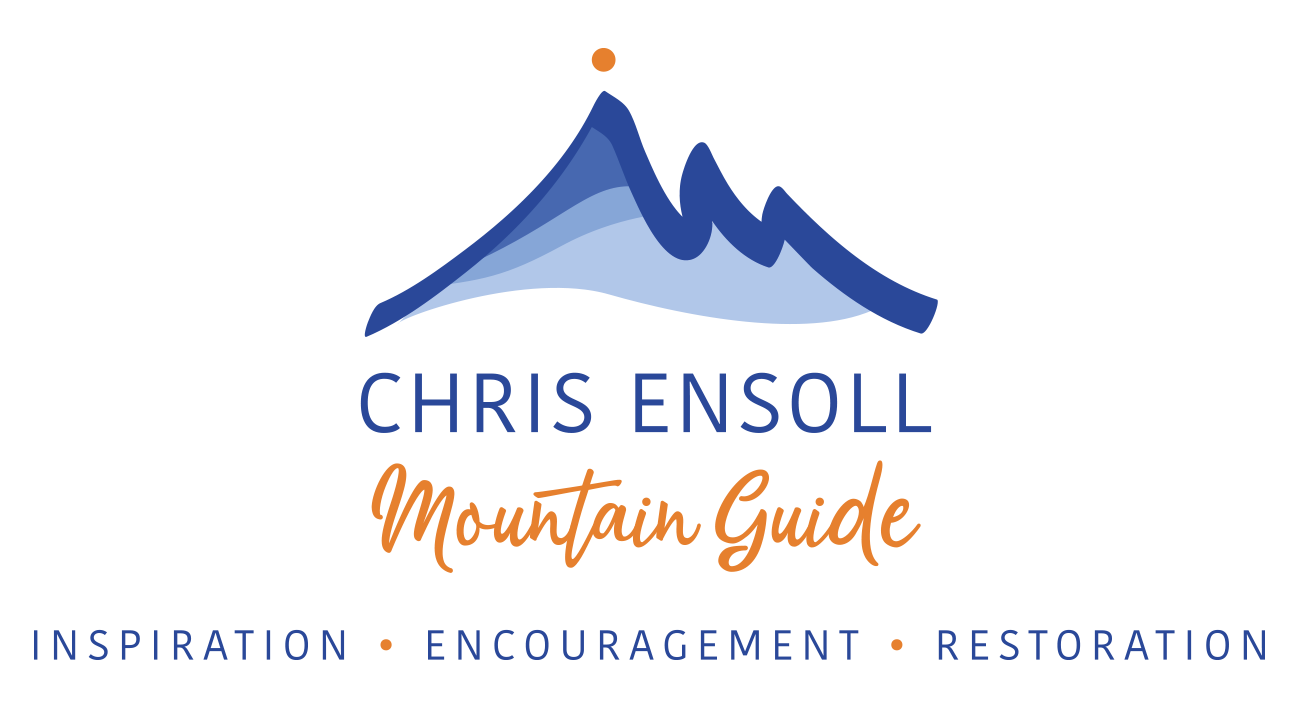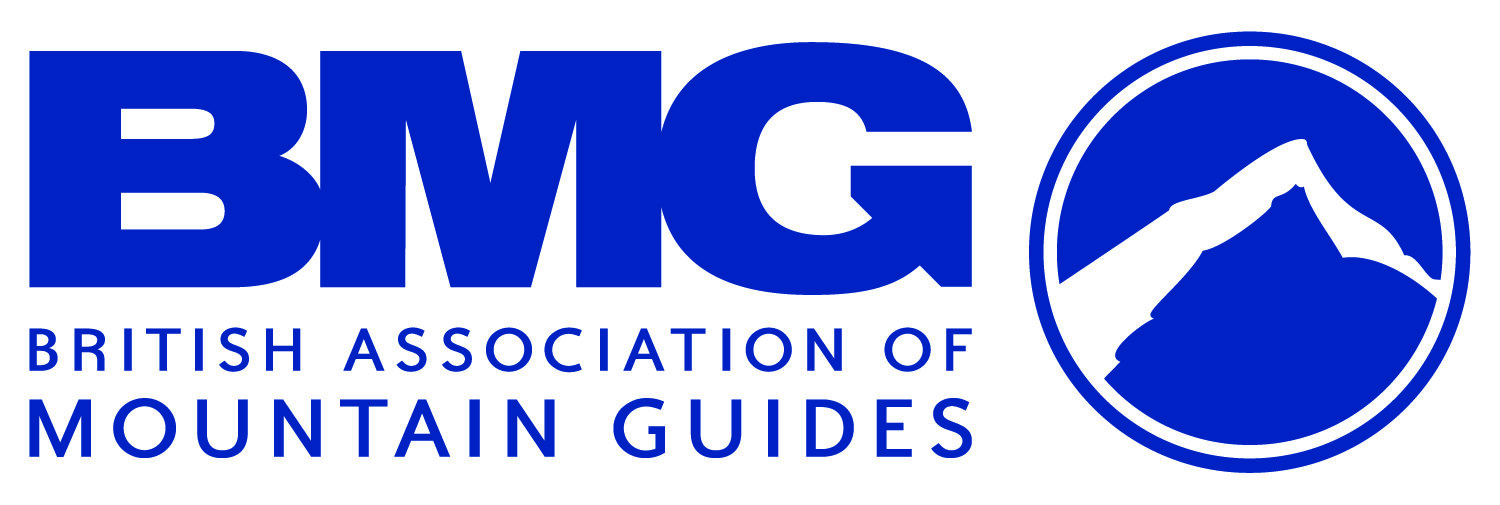HOME / COURSES / ALPINE MOUNTAINEERING / ESSENTIAL INFORMATION ALPS
Essential Information for the Alps
Where do the courses take place?
All our courses are based in the Saas valley in Switzerland. We choose a venue for each day depending on the aims of the day and the weather forecast.
You will need to arrange your own valley accommodation, and lots of useful ideas can be downloaded here:
Switzerland accommodation & travel
What previous experience do I need?
Each course is given a grade for fitness level and mountaineering experience.
Fitness Levels
Fitness level 1: you exercise regularly through the week for short periods, and regularly do more eg a half day walk in the hills at the weekend.
Fitness level 2: you exercise regularly through the week – running, walking, cycling or playing sports. You can sustain a raised heart rate for a 45 minute run or a 2 hour bike ride. You can walk in the mountains or climb all day, but feel tired at the end.
Fitness level 3: you exercise regularly at a higher level, and you are able to push hard for extended periods. You can do a long 15-mile day in the mountains, and you can do this over consecutive days.
Mountaineering Ability
1 - Intro: You are a UK hillwalker, and you may have done some of the following: indoor or sport climbing, trad climbing, scrambling, winter walking. You haven’t done any technical snow or ice climbing, and you haven’t been to the Alps.
2 - Intermediate: You are a UK hillwalker, and you have done a good amount of some of the following: indoor or sport climbing, scrambling, winter walking. You have extensive seconding experience up to Severe or VS, and you have done some lead climbing. You have also seconded Scottish winter routes at grade II or III, and some easy Alpine routes up to AD.
3 - Advanced: You are an experienced climber, leading or seconding routes up to VS and having done Scottish winter climbing at grade IV or V, plus Alpine routes at AD/D.
Mountain huts
During the course you will be staying in mountain huts. These are operated as basic hotels, serving breakfast and a simple nourishing evening meal. Breakfast is usually a hot drink (tea, coffee, hot chocolate), then cereal and bread with jam, cheese, etc. The evening meals usually start with soup with bread and/or cheese, followed by a main course and finished with a small dessert. Special dietary requirements can be catered for, but we need to know about these in advance. Vegetarians are often served the same food as everyone else, with an egg/cheese dish instead of meat, but some huts are more creative. Most huts have shared dormitory style rooms with bunk beds, blankets/duvets and pillows, so there’s no need to carry a sleeping bag, but you will need to carry a sheet sleeping bag – silk is lightest and takes up very little space. Earplugs are also a good idea if you are a light sleeper. Washroom facilities are usually quite basic due to the limited supply of running water, usually just a sink and cold water. Every hut provides slippers for use inside the building.
How much will it cost?
In 2026:
1:1 £432 per day
1:2 £453 per day
1:3 £474 per day
1:4 £494 per day
In addition to the guiding fees you will need to pay your own expenses and Chris’s expenses for the following:
Cable cars
Cable cars cost around 35-50CHF for a return ticket, but the Saastal card (given by most accommodation providers) gives free access to most of the cable cars in the valley. The out-of-valley costs shown on each page assume that everyone will have a Saastal card.
Overnights in mountain huts
Prices in each hut vary, but in all but the most expensive huts, bed and half board is usually 80-90CHF per person, with guides being charged a lower rate. This includes dinner and breakfast, but not drinks and snacks. Some huts do not have running water, so bottled water must be bought. Members of the Alpine Club are given a reduced rate. Hut fees are paid in the local currency, and many huts accept credit cards. Members of the British Mountaineering Council can buy the Reciprocal Rights card, which gives discounts (normally between 20% and 50%) in the many huts owned by the Swiss Alpine Club. The card costs £55 in 2024.
You will also need to pay for travel to the Alps, insurance, and food and accommodation when in the valley. See below for transport costs during the course.
What about transport?
If you don't have your own car we can take you around in our car. Transport around the Saas valley is included in your guiding fees.
What do I need to bring?
A detailed equipment list can be downloaded here:
Alpine Mountaineering kit list
What can I do to prepare?
The fitter you are, the more you will get out of your time with us, as all Alpine activities require considerable physical effort. Swimming, cycling, and hill-walking are all good preparation. We offer Alpine Preparation days in the Lake District, which offer training including crevasse rescue and essential ropework, or a few days rock climbing in the Lakes would give the opportunity to introduce some techniques and to chat through your aspirations for the Alps.
Insurance
Suitable insurance cover which includes rescue from the mountains is essential for an Alpine trip. The British Mountaineering Council offers flexible packages at competitive rates for a wide variety of activities
Useful blog posts about equipment
Crampon Review & Comparison: Petzl Vasak Lever Lock, old vs new
Mountaineering boots: La Sportiva Trango S Evo
Crampon Review and Comparison
Top Tips For Choosing An Ice Axe
My Favourite Climbing Helmet: the Petzl Meteor (And How To Choose A New Helmet)
How To Stay Dry Whatever The Weather #1: Waterproofs
How To Stay Dry Whatever The Weather #2: Boots
So What Do I Carry In My First Aid Kit?
My Top Three Favourite Rucksacks and Why I Like Them
Paramo or Goretex? What's My Preference And Why?
Top Tips About Waterproof Trousers
Climbing Harness Review & Comparison (& How To Choose A New Harness)
Everything You Need To Know About Crampons
Useful blog posts about Alpine mountaineering
Welcome to 1865 and the Golden Age of Mountaineering
Do You Recognise The 10 Early Warning Signs Of Hypothermia?
Managing Risk in the Mountains #1: The Three Variables
Managing Risk in the Mountains #2: Heuristics & Mind Sets
Who Needs A Mountain Mentor?
Six Top Tips For Glacier Travel
What's Not To Love About Home-Made Hill Food?
A Family Alpine Adventure
Why do some mountaineers end the day with energy to spare?
Video: Climbing the Matterhorn
How to climb the Matterhorn
Don't You Love It When A Plan Works Out?
So What’s It Really Like to Be Guided Up the Matterhorn and Mont Blanc?
5 Things To Think About For Your First Alpine Season
Alpine guiding, 22nd-27th July 2017
The Adventurous Four Have Fun In Chamonix
Alpine 4000ers, 8th-19th July 2017
Some Hard Mountain Truths About Guides And Clients
7 Reasons Why You Should Embrace Failure



